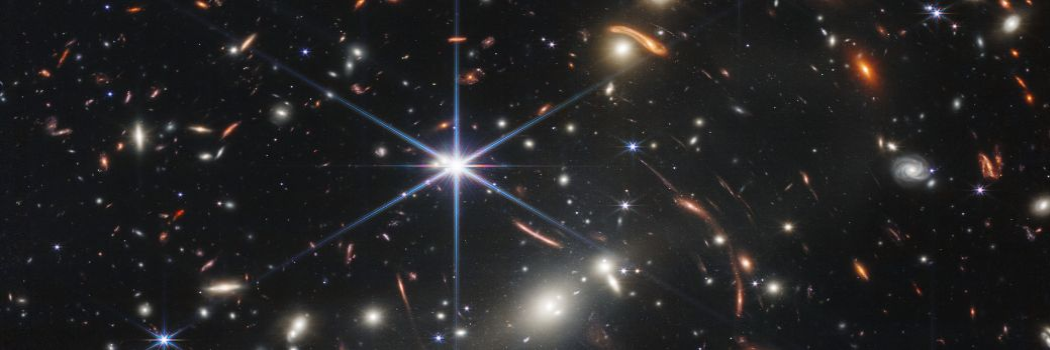Professor Richard Ellis CBE elected international member of US National Academy of Sciences

Professor of Astrophysics and esteemed former Durham colleague, Professor Richard Ellis CBE FRS has recently been elected as an international member of the US National Academy of Sciences (NAS) in recognition of his “distinguished and continuing achievements in original research”.
Professor Ellis has retained strong links with Durham after his time here saw him, under the late Arnold Wolfendale’s guidance and with support from Professor Carlos Frenk and others, oversee Durham’s rapid growth in astronomy.
The NAS
Professor Ellis will join 120 members and 24 international members elected to NAS this year, a testament to his work which most recently has focused his efforts on using the James Webb Space Telescope to search for “cosmic dawn” - the period when the first galaxies emerged from darkness.
Election to NAS, a US institution established under a congressional charter signed by President Abraham Lincoln in 1863, is one of the most prestigious honours for scientists and recognises achievement in science.
Supporting progression in early careers
Recognising the barriers often faced by academics at the beginning their career, Professor Ellis has donated a generous prize to support aspiring astronomers with their early-career ambitions.
The Richard S Ellis prize was set up in his name to help aspiring academics overcome the barriers and challenges found when looking to secure employment in their field.
The first recipient to receive the prize, Scott Hagen, has just returned from a four week tour of the North East USA and Canada where he visited seven leading institutions; the Space Telescope Science Institute, Johns Hopkins University, MIT, Harvard, Wayne State University, Michigan University and finally York University.
Richard met Scott in Durham just before he left to discuss the impact this opportunity will have on his career. On returning, Scott shared insight into his visit and the potential for at least three new projects and associated papers were prompted by discussions with peers on his tour, none of which would have happened without the Prize.
Find out more


/prod01/prodbucket01/media/durham-university/alumni-/page-header-banners/News-Banner.png)